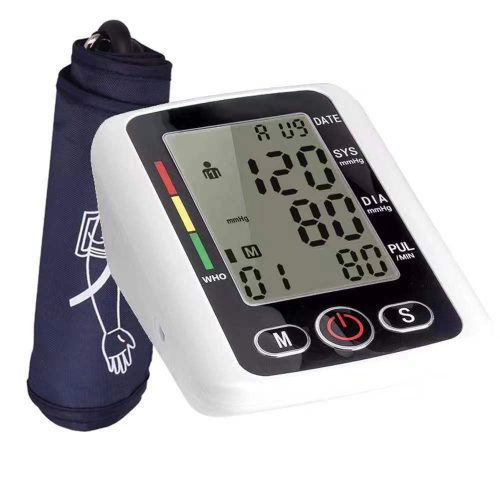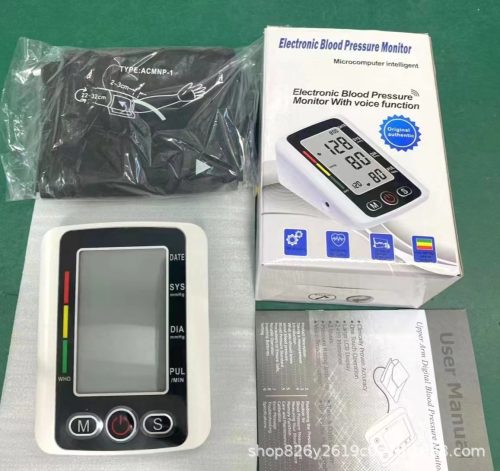Thermometers find applications across numerous industries and areas beyond healthcare. They’re essential tools for measuring temperature accurately, enabling various processes, ensuring safety, and maintaining quality. Here are some key areas where thermometers are extensively used:
- Industrial Processes: Thermometers are critical in industrial settings such as manufacturing, chemical processing, and materials production. They monitor temperatures in machinery, chemical reactions, and production processes to ensure proper functioning, quality control, and safety. For instance, in steel manufacturing, precise temperature monitoring is crucial at various stages to achieve desired material properties.
- Food Industry: Temperature control is vital in the food industry to maintain food safety and quality. Thermometers are used to monitor temperatures during cooking, food storage, and transportation. In restaurants, food service, and food processing facilities, thermometers ensure that food is cooked to safe temperatures and stored within recommended temperature ranges to prevent spoilage and foodborne illnesses.
- HVAC (Heating, Ventilation, and Air Conditioning): Thermometers play a crucial role in HVAC systems by monitoring temperatures to regulate heating and cooling. They help in maintaining comfortable indoor temperatures, energy efficiency, and proper functioning of HVAC equipment.
- Environmental Monitoring: Thermometers are used in environmental monitoring for measuring air and water temperatures. They are vital in climate research, meteorology, and ecology to track temperature changes, study weather patterns, monitor aquatic environments, and assess the impact of temperature on ecosystems.
- Automotive and Aerospace: In automotive and aerospace industries, thermometers are used to monitor engine temperatures, aerospace components, and materials during manufacturing and operation. Precise temperature monitoring helps ensure engine efficiency, safety, and longevity of materials.
- Laboratories and Scientific Research: Thermometers are indispensable in laboratories for various scientific experiments and research. They are used in chemistry, biology, physics, and other scientific disciplines to measure temperatures accurately for conducting experiments, maintaining specific conditions, and ensuring reproducibility of results.
- Energy Management: In energy-related fields, such as power generation and renewable energy, thermometers are employed to monitor temperatures in turbines, reactors, solar panels, and other energy systems. Accurate temperature control contributes to efficiency and optimal operation of these systems.
- Fire Safety and Prevention: In fire safety, thermometers play a role in monitoring temperatures in buildings, industrial settings, and fire detection systems. They help detect overheating or potential fire hazards by monitoring temperature changes.
These applications demonstrate the versatility and significance of thermometers beyond healthcare. Their precise temperature measurement capabilities are integral to numerous industries, processes, and research endeavors, contributing to safety, quality control, and efficiency across various sectors.


